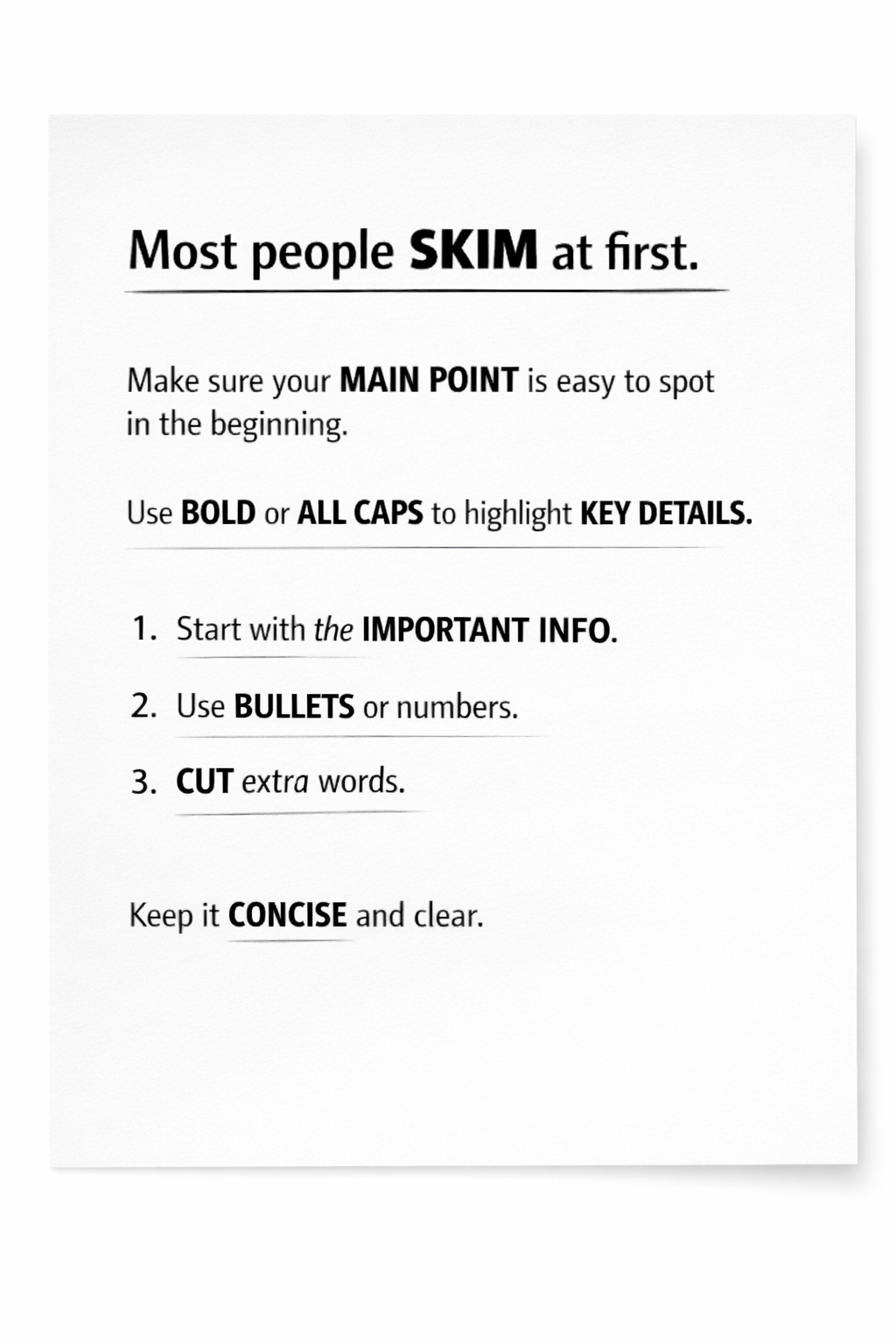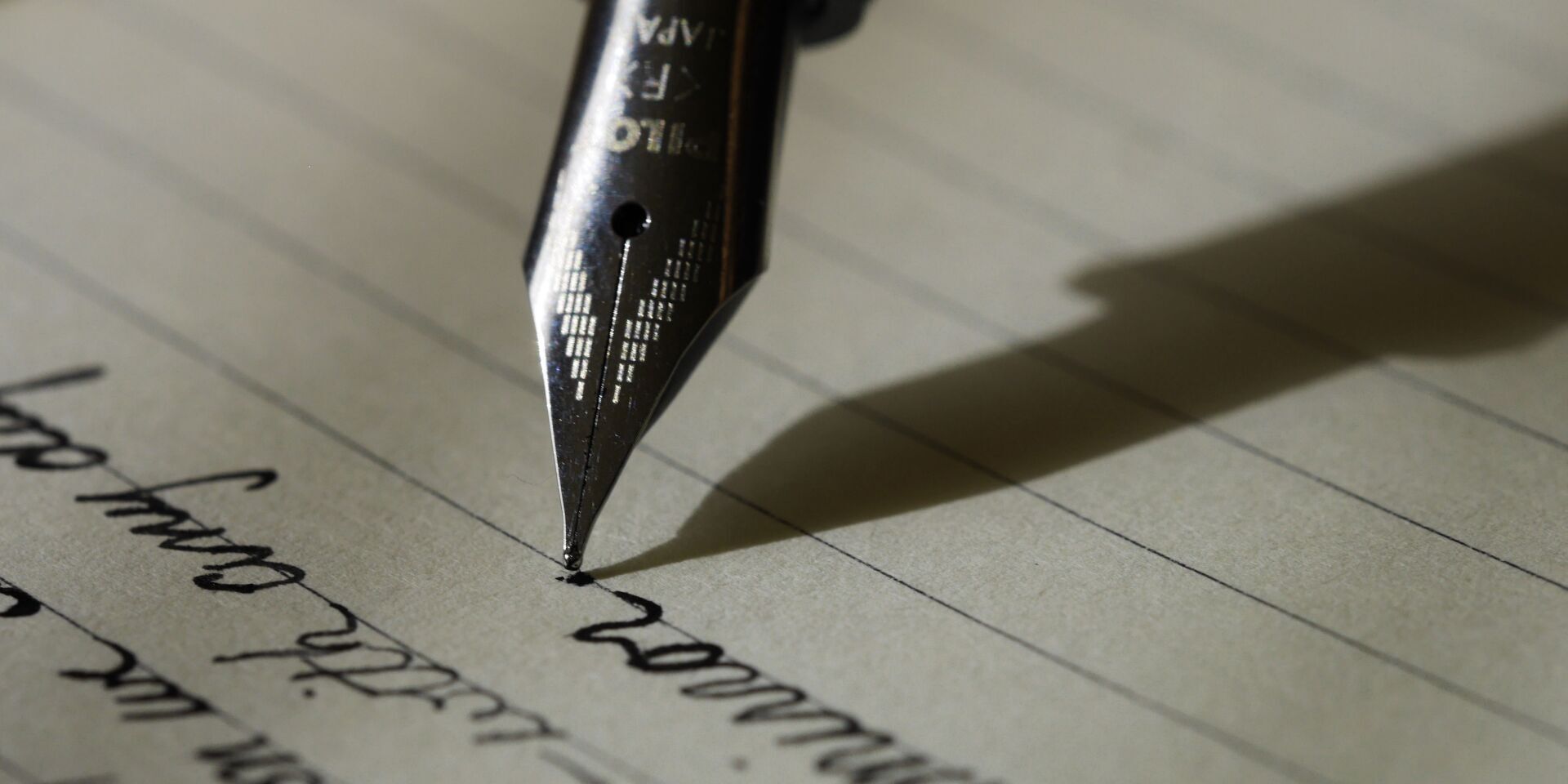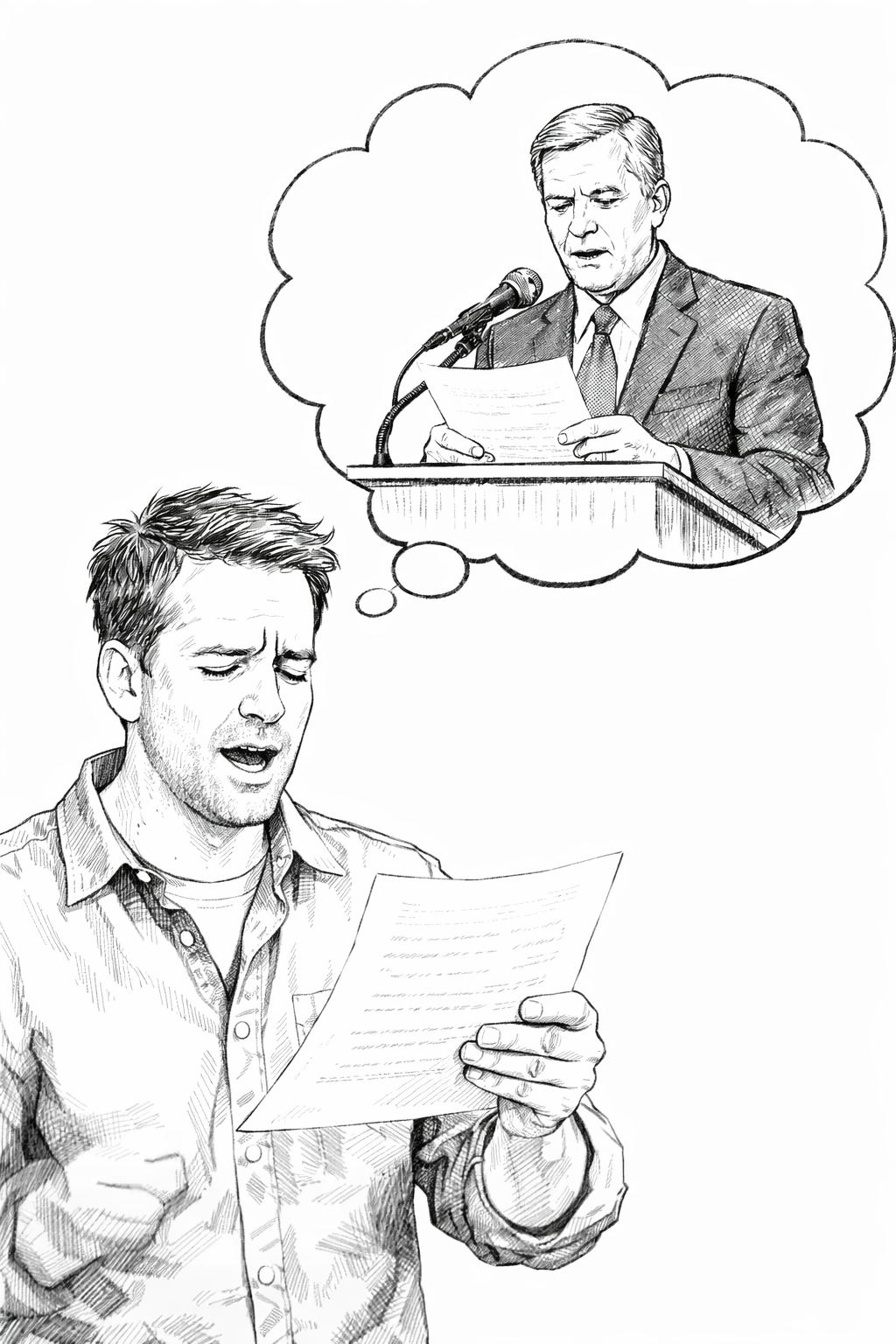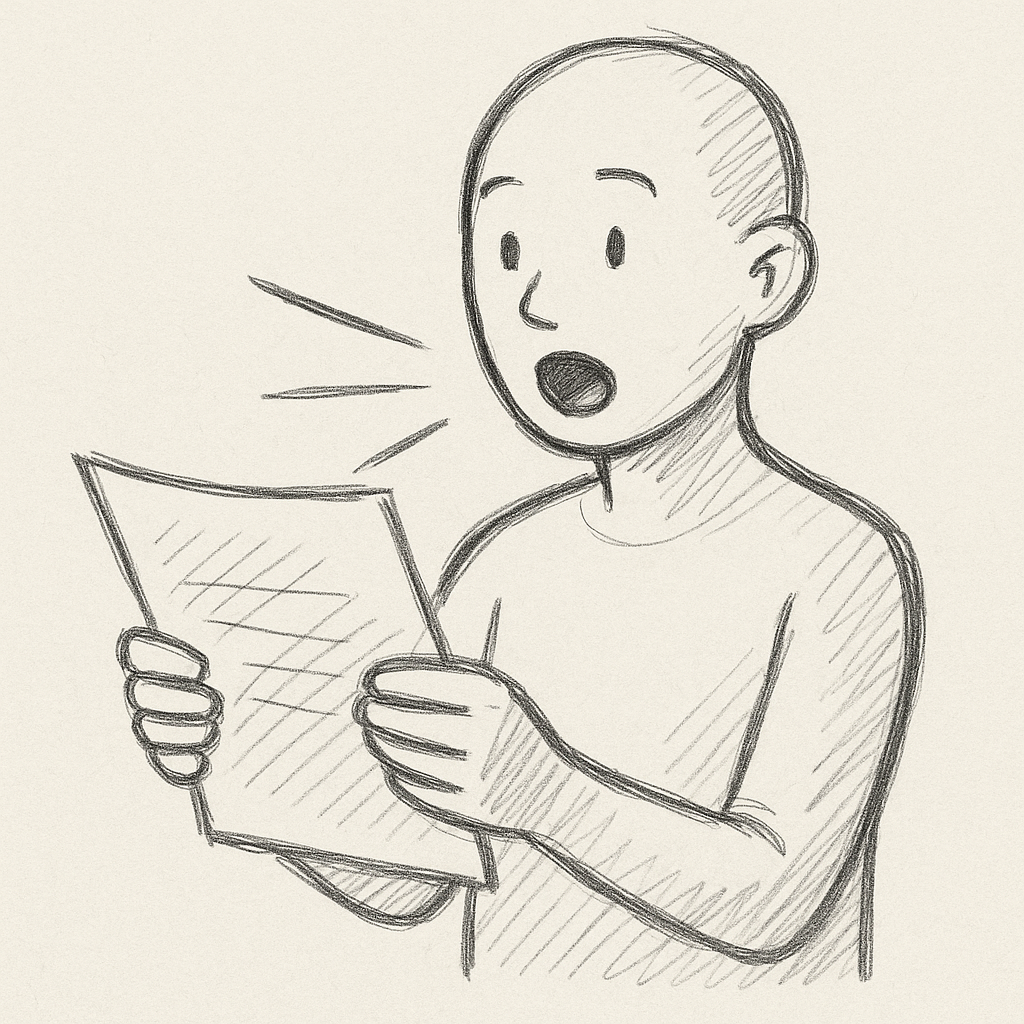Nib #57 Make Writing a Habit
If you want to make writing a strength, first make it a habit. Write every day — especially on the days you don’t want to. Be warned: there will be lots of those. Writers have to grind. “Just sit down at your typewriter and bleed,” Ernest Hemingway said.
It’s no picnic. But — as with other unpleasant habits like exercise and eating well — consistency compounds.
Renowned poet and critic Dana Gioia (who, by the by, you should read!) recently posted a YouTube short about his own nightly writing habit. Every night, Gioia writes for 90 minutes, with a goal of producing “one good paragraph” of prose or “one good line” of poetry.
That seems like a paltry target. It’s not:
“If you actually write a good paragraph every night, at the end of the month, you’ll have 30 good paragraphs. Which is to say you’ll have a whole article. You’ll have an essay. You’ll have a short story. You do that 12 months of the year, you have a book. Writing for 90 minutes a day, doing it in a disciplined way, can make you as productive as many full-time writers.”
Remember Lesson Zero (Nib #3): writing is hard. Writing whole a book can seem almost impossible. So don’t write a book. Write a paragraph today. Tomorrow, write another. And the next day. And before long, it’ll become a habit. You’ll be someone who writes every day. You know what we call people who do that?
Until next week… keep writing!











